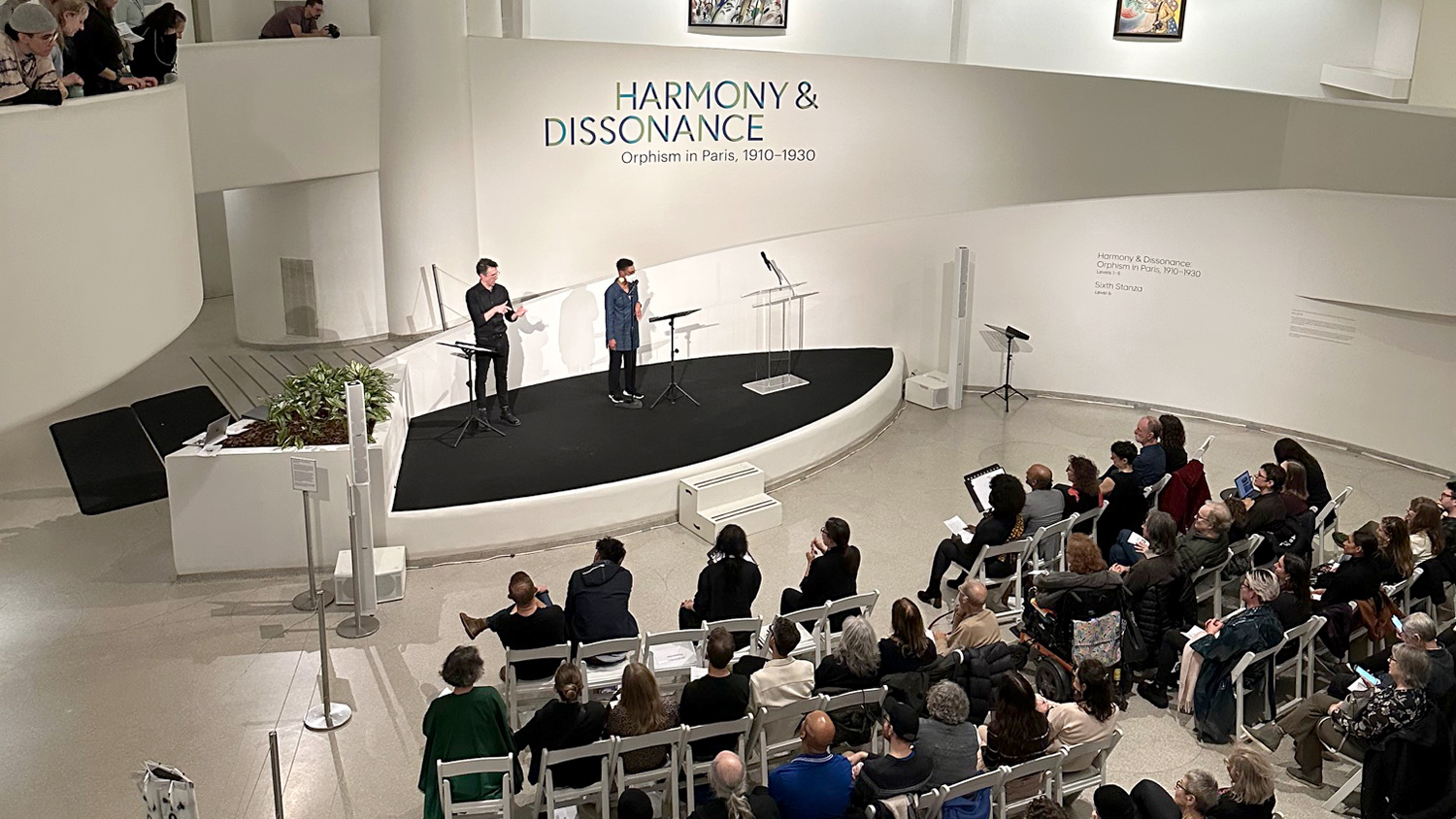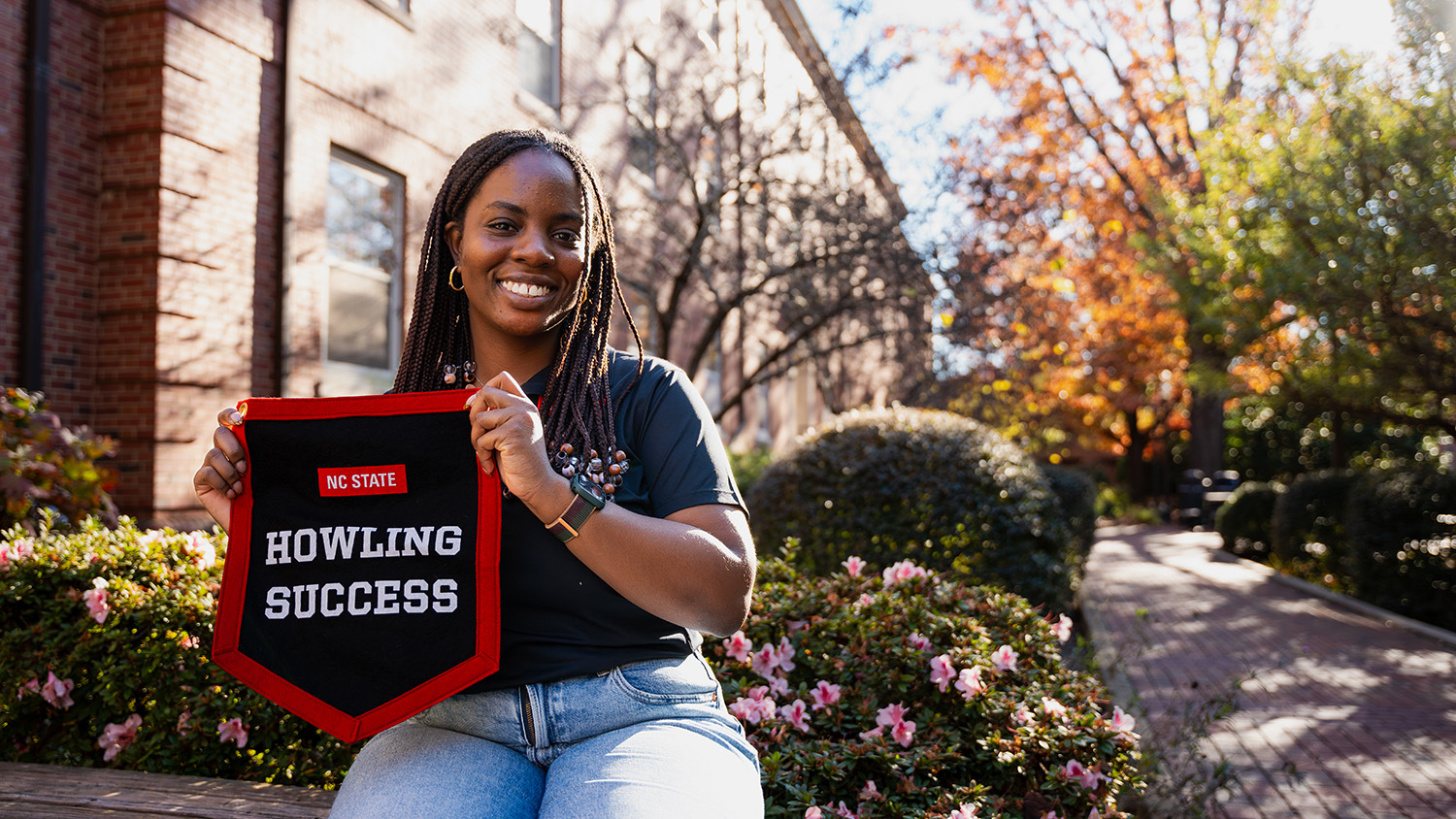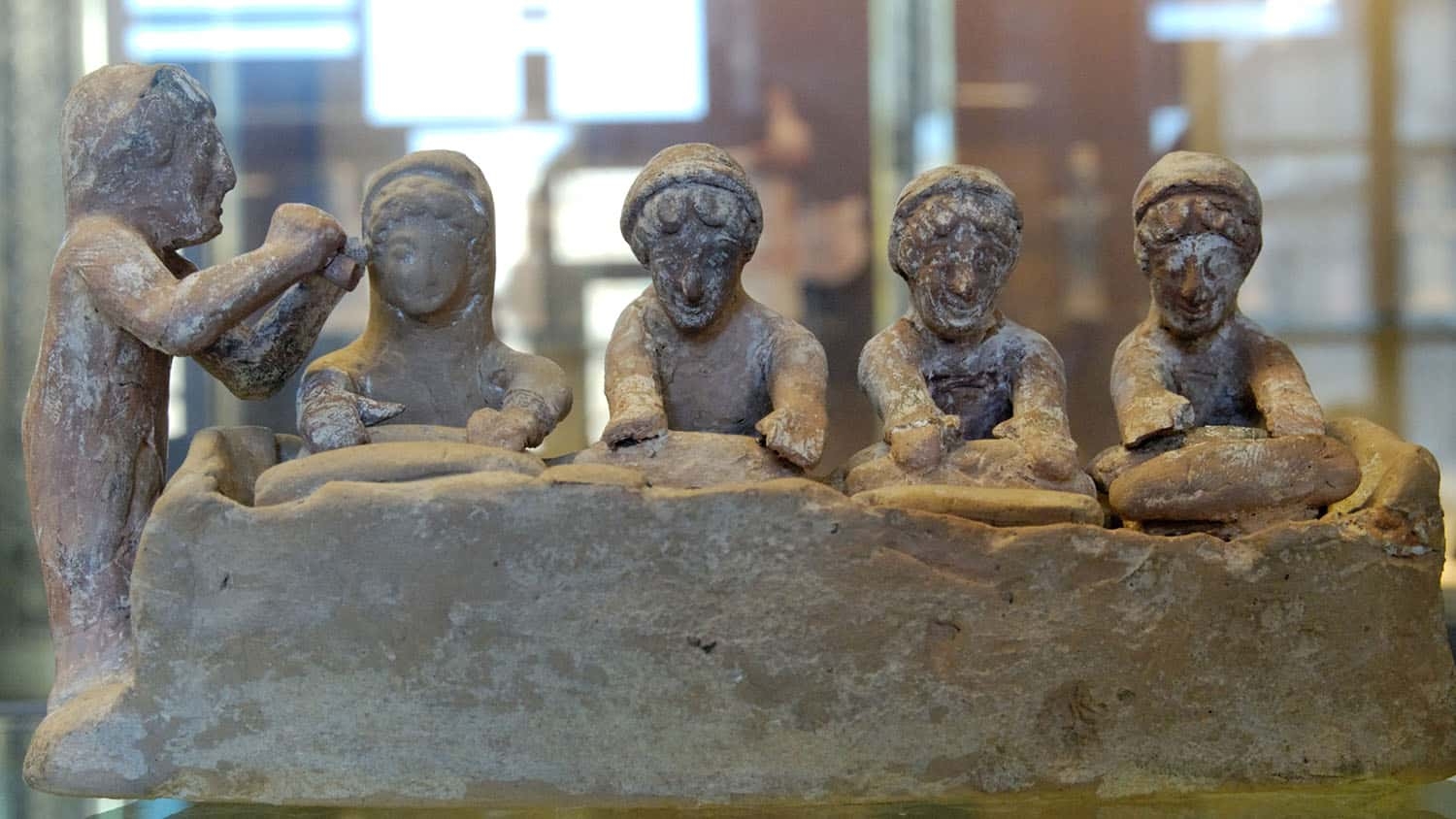Dr. Jonathan Kramer, cellist, ethnomusicologist

Teaching in Arts Studies: Foundation Courses (World Music, Music History), Linking Courses (The Arts and the Sacred), Capstone Course
As a cellist, Jonathan Kramer has performed as principal of the Tucson Symphony and as a member of the San Francisco Opera and Ballet Orchestras and the North Carolina Symphony. Among his teachers are Aldo Parisot, Gordon Epperson, Raya Garbousova, David Wells, Madeline Foley, and Maurice Gendron. He has concertized extensively as recitalist and chamber musician throughout the U.S. as well as in Russia, India, Korea, Canada, Austria, Bulgaria, U. K., Switzerland, and Italy. He has performed with The Mostly Modern series of San Francisco, Mallarme Chamber Players, Duke University Encounters Series, the Piccolo Spoletto Festival, Raleigh Chamber Music Guild; and presented solo concertos with a number of regional orchestras. He has recorded for Albany Records, and Soundings of the Planet Studios.
In 2012, Jonathan Kramer recorded Rodney Waschka’s piece, Singing in Traffic for cello and tape, which was written especially for Dr. Kramer. The recording was included in the “CHASS Creates” compact disc. That disc features works (music, poetry, fiction, memoir) with performances and readings by CHASS faculty members.
He is on the teaching faculty of the North Carolina School of the Arts Summer Institute and frequently accompanies Rumi translator Coleman Barks in poetry readings. He has served as moderator of the Pedagogy Panel at the American Cello Congress and his An Homage to Pau Casals for cellist and narrator has been presented at Queen Elizabeth Hall, London, the 92nd St. Y in NYC, the Kennedy Center in Washington DC, and elsewhere. Kramer maintains an active cello studio, and former students have attended Juilliard, Peabody, Manhattan, New England Conservatory, and other schools of music.
As ethnomusicologist, Dr. Kramer has been awarded Senior Fulbright Fellowships at Banaras-Hindu University in India and at Chosun University in Kwangju, South Korea, and spent two summers at the Institute for Korean Traditional Performing Arts in Seoul. He has lectured on global issues in music and aesthetics in the United States, the U. K., Korea, India, China, Japan, and for the Semester at Sea program during their spring, ’06 around the world voyage. He has presented papers before the Society of Ethnomusicology, the U.S. Fulbright Commission, International Committee for Traditional Music, Cultural Diversity in Music Education (CDIME), The Association for Technology in Music Instruction, the Ramakrishna Mission in Kolkata, India, and the European Foundation for Chinese Music Research (CHIME) with whom he participated in the 2006 fieldwork expedition and conference in Yulin, Shaanxi Province, PRC. Recently, he has consulted with the Tibetan (now Plateau) Endangered Music Project in Qinghai Province, PRC and has read papers on the subject in Shanghai and Beijing and was quoted by National Geographic Magazine in their article on the Project.
In March, 2008 he presented a lecture at the invitation of the American Corner of the US Embassy in Parimaribo, Suriname (former Dutch Guyana) on “Surinamese Music in a Global Context.” Since then he has twice returned to Suriname as a consultant in the role of the performing arts in the development of cultural tourism. Dr. Kramer was a member of the Tanglewood II Symposium (2007) on the Future of Music Education at Williams College and one of the primary authors of the Tanglewood II Declaration. He is currently writing a college-level Music textbook with associate Dr. Alison Arnold called (provisionally) “What in the World is Music?” He holds advanced degrees from Duke and the Graduate School of the Union Institute where he completed a Ph.D. in Ethnomusicology and Performance Studies with a dissertation on traditional Korean music.


